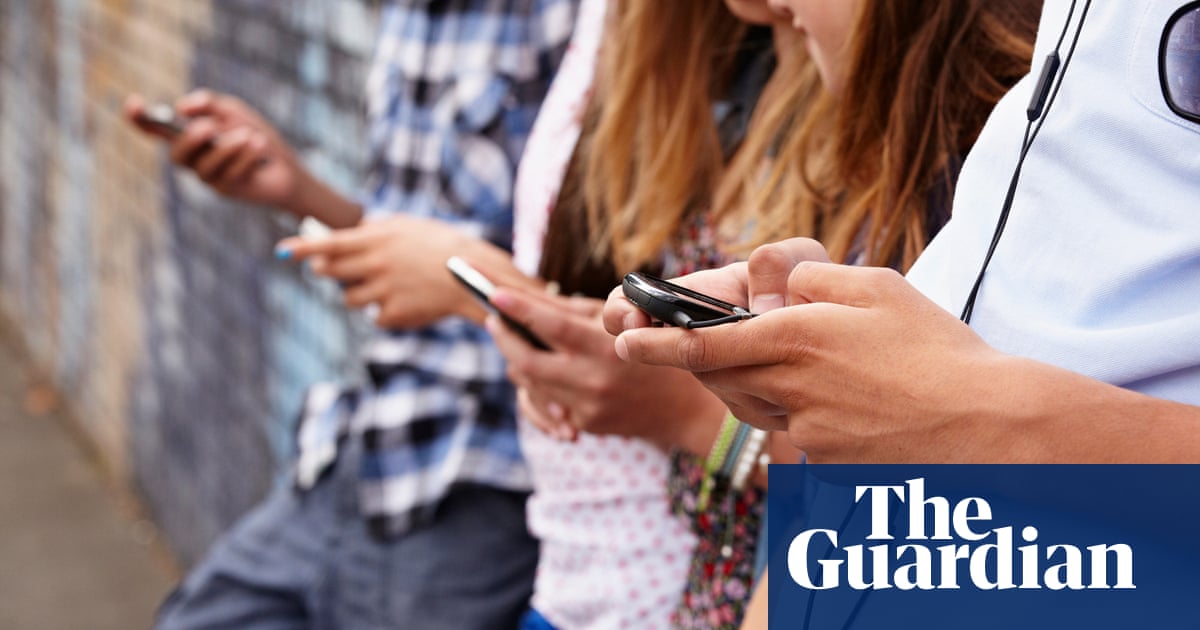Revealed: almost half of British teens feel addicted to social media, study says::Exclusive: Millennium Cohort’s finding raises questions about why a large proportion has a difficult relationship with social media
My friend’s teenager asked for unlimited screen time for her birthday. She didn’t want to go anywhere, do anything, or smoke weed, or mess around with a boy - she just wanted to stay home watching tiktoks. It was strange to me.
She wanted drugs. It’s that dopamine high score she’s after.
Outrageous. Time to pack her up and head for a obligatory 5 day family rave.
This is just social media working as designed.
And 40% are in denial
Not sure what I did, but my Teenager is crazy against social media, so at least I’ve got that going for me. Which is nice.
This is the best summary I could come up with:
Almost half of British teenagers say they feel addicted to social media, according to findings that come amid mounting pressure for big tech companies to be held accountable for the impact of their platforms on users.
It comes as dozens of US states are suing Instagram and its parent company, Meta, accusing them of contributing to a youth mental health crisis and as the EU has ushered in major reforms designed to give consumers more control over smartphone apps.
The latest research, by Dr Amy Orben’s team at the University of Cambridge, used data from the Millennium Cohort study which is tracking the lives of about 19,000 people born in 2000-2002 across England, Scotland, Wales and Northern Ireland.
There has been growing concern about the potential for digital technologies to drive compulsive behaviours, with the World Health Organization establishing “gaming disorder” as a diagnosis in the International Classification of Diseases.
However, the evidence underpinning these public health concerns is mixed, with one recent study on Facebook use challenging claims that social media is psychologically harmful and the clinical classification of behaviours linked to digital technology remaining contentious among experts.
Dr Andres Roman-Urrestarazu, a psychiatrist at the University of Cambridge and a UK lead for Bootstrap, a pan-European trial on problematic use of the internet, said that policies were needed that go beyond clinical solutions for individuals.
The original article contains 819 words, the summary contains 226 words. Saved 72%. I’m a bot and I’m open source!






